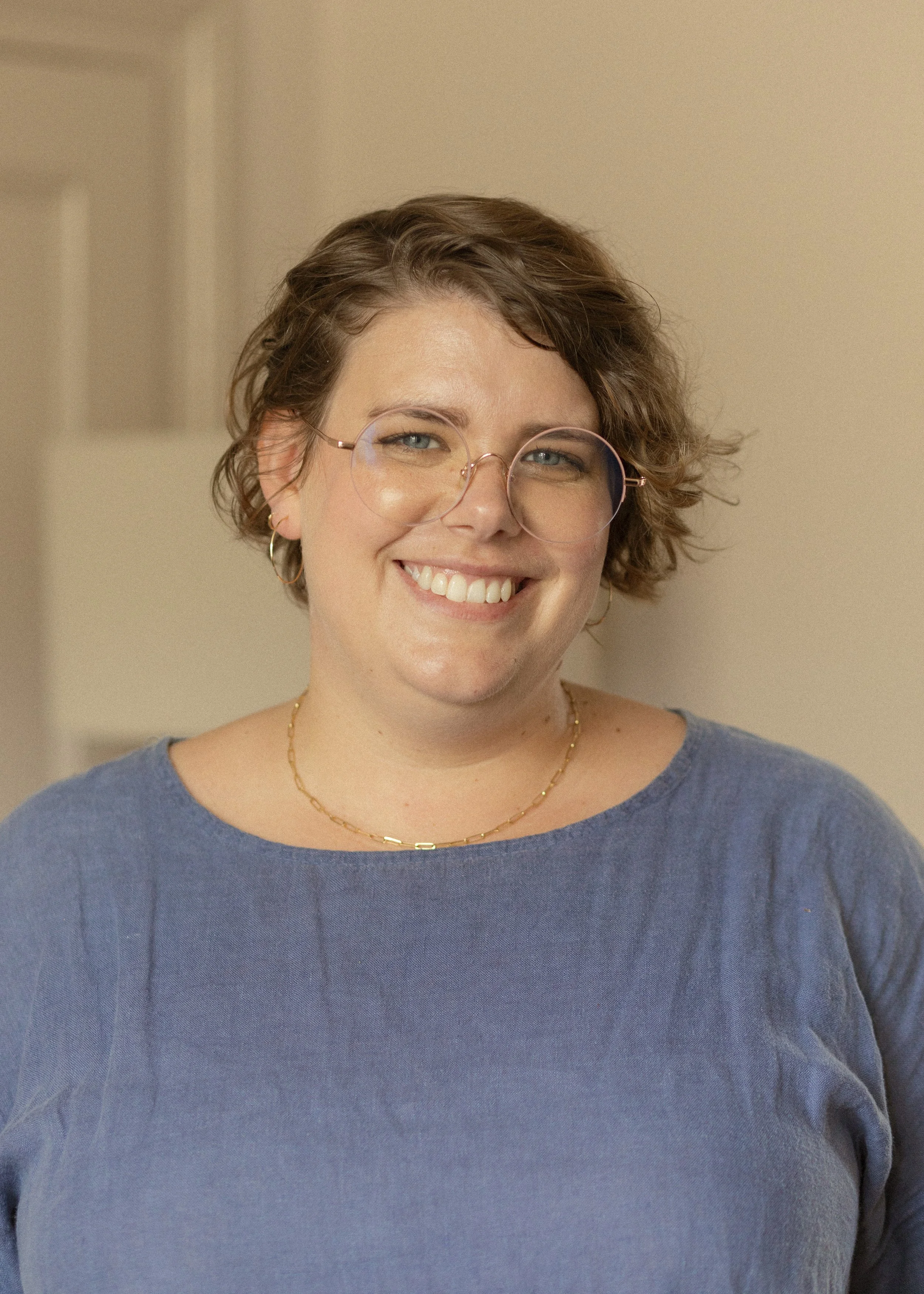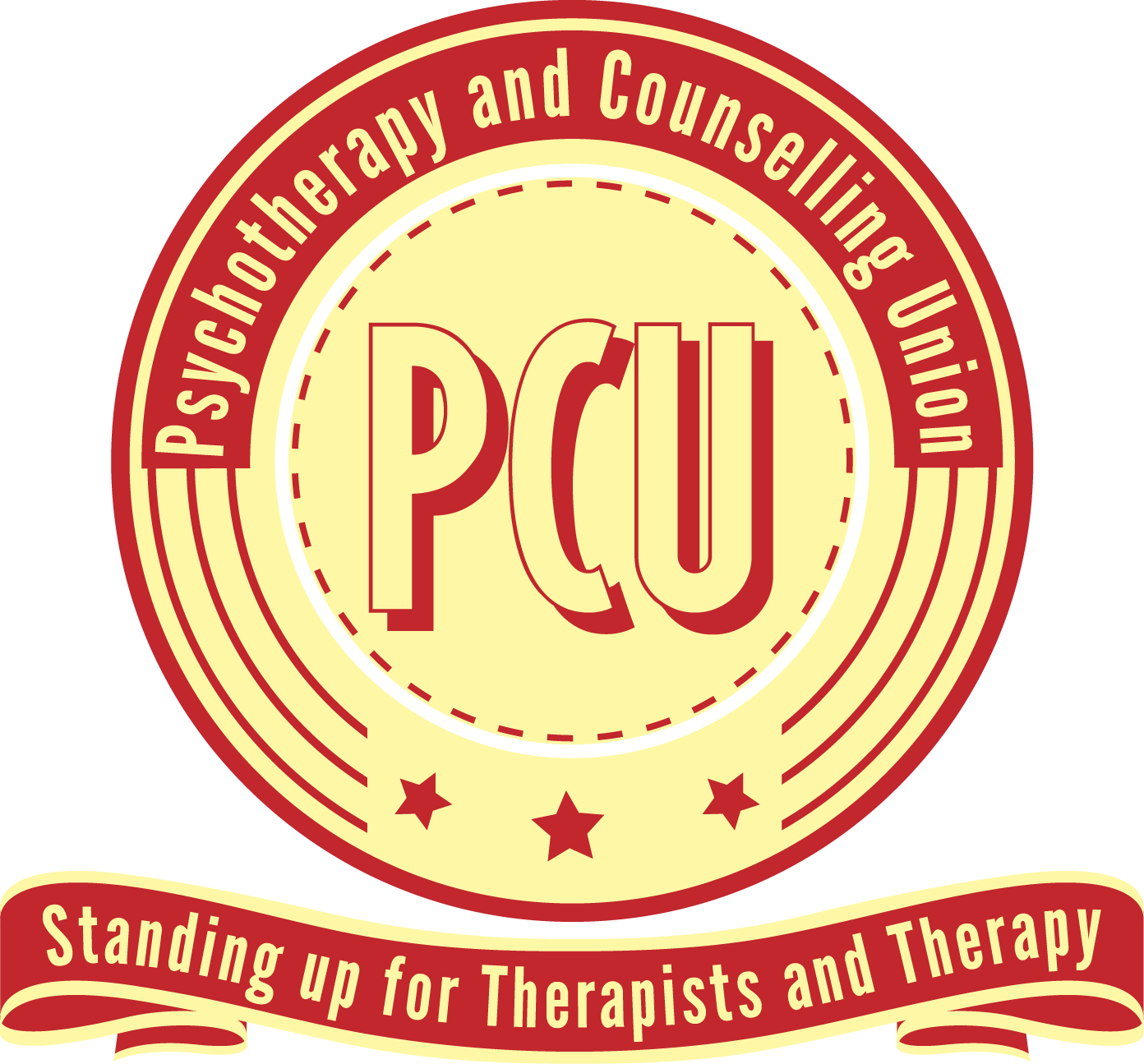Welcome. I’m an integrative psychotherapist and counsellor, led by care, curiosity, and respect.
I offer in-person therapy in East London
and online therapy internationally.
What’s On Offer
We all go through times when life feels especially hard, uncertain, or painful. When we need help to work through our problems or a period of transition.
I see therapy as a collaborative process, and my aim is to create a space where you can express yourself freely, and be heard. Where we work together to better understand your past and present, to untangle disruptive thoughts or behaviours, and to help you heal for a future with more possibility.
Many of the individuals I work with identify as LGBTQIA+, and my practice is queer, trans, non-binary, relationship diverse, and kink friendly. Living under late capitalism, I am sensitive to the myriad ways marginalisation can impact mental wellbeing, and also have a special interest in and experience of cross-cultural therapy (working across racial and cultural difference).
My practice is neurodiversity-affirming, and if you have a mental health diagnosis, I am interested in what it means for you.
As an integrative therapist, I shape my approach to your specific needs. Here is a brief list of the approaches I may draw on:
Relational - extensive research has shown that the quality of the therapeutic relationship is the best vehicle for change, and so I prioritise creating a warm, accepting environment and robust alliance between us.
Psychodynamic - in which we pay attention to what’s happening on unconscious, as well as conscious, levels.
Trauma-informed - being sensitive to how overwhelming experiences impact the mind and body, using frameworks including Internal Family Systems.
Somatic therapy - working more directly with the body and the nervous system to help regulate and avoid retraumatisation, using frameworks including Polyvagal Theory.
I am experienced working with anxiety, intrusive thoughts, depression, questions or issues around gender, questions or issues around sexuality, bereavement, abuse, stress, obsessional behaviours, low self-esteem, burnout, alcohol and drug issues, relationship breakdown or conflict, work problems, and issues with family of origin.
If you don’t see what brings you to therapy on this list, it doesn’t mean we can’t work together. Get in touch and we can talk.
“Rarely, if ever, are any of us healed in isolation.
Healing is an act of communion.” — bell hooks
Experience
In addition to my years in private practice, I have experience working with LGBTQIA+ young people, providing low-cost counselling to diverse communities in North London, and as part of a multi-disciplinary NHS team focused on personality disorders. I am also a member of the assessment team for a local counselling charity.
Following six years of training, I obtained an MSc and a Diploma in Integrative Psychotherapy from the Metanoia Institute, one of the leading centres in the U.K. Before that, I studied Integrative Psychotherapy and Counselling at The Minster Centre.
I came to train as a psychotherapist following my own extensive experience as a client in individual and group therapy, and so I know first hand how transformative this work can be. I consider the therapeutic space to be a rare gift.
Sometimes, words can’t express the complexity of being human, and in these moments I enjoy working creatively. That can mean drawing on wider ideas from art, literature, or philosophy, and working with art-making, metaphor, or the embodied experience.
My practice and work continue to evolve. To support this dynamic process, I participate in a range of Continuing Professional Development activities, encompassing the latest developments and research in the field.
Recently, this has included trainings in Dialectical Behavioural Therapy (DBT) and trauma-informed somatic work. My work also receives regular clinical supervision from a senior colleague.
I am a member of The Relational School.
“Experience is but a moment. Understanding that moment is a life.” — Richard Flanagan
Questions?
-
There are many similarities between the two. In both cases a practitioner works with a client to alleviate their mental suffering and help them live a more sustainable life. Counselling can be shorter term, and more focussed on a specific issue. Psychotherapists tend to have completed a longer training, and sometimes work in more depth, but that is not always the case.
-
I appreciate how daunting starting therapy can be, and the thought that goes into selecting a therapist. Finding the right “fit” can make all the difference. So while our first session will be a consultation session, it is also an opportunity for you to get a feel for me and how I work. I will ask more questions than usual, in order to get a better sense of your background, hopes for therapy, and what brought you to this moment. Together, we will decide our next steps.
-
I hold everything we discuss in sessions under the strictest confidentiality. As part of having ethical practice, I share my work with a senior colleague in supervision. That will never include identifying details about clients, and that colleague is also bound by a strict confidentiality agreement. There are a couple of very rare situations in which I am legally bound to break confidentiality, but this would not happen without my discussing with you first, and will be explained at the outset of our work.
-
There is no specific answer to this question, as (cliché though it sounds), everyone’s journey is different. The work can often evolve in unexpected and sometimes challenging ways, and it’s important to be open to negotiating that process together. We will have regular check ins, and I prioritise working at a pace that feels both manageable and effective.
-
I am an approved healthcare provider for the following companies:
Aviva
AXA
Vitality
WPA
Next Steps
I see clients in person, from comfortable rooms in Hackney (E8) and Shoreditch (E1), and online via Zoom. Sessions are available on weekdays, during the day or evening.
Once we agree on a weekly 50-minute session, that time is reserved for you.
My fees are on a sliding scale between £60 and £80, which allows me to reserve the lower end of the scale for students and those on lower incomes.
If you are interested in therapy, I suggest an initial free 15 minute call, so we can discuss how we might work together. All communication is treated as confidential from this first step.
If I don’t feel I am best placed to help you at the moment or our schedules don’t align, I am happy to recommend other colleagues or organisations.
e.stanfordtherapy@gmail.com











